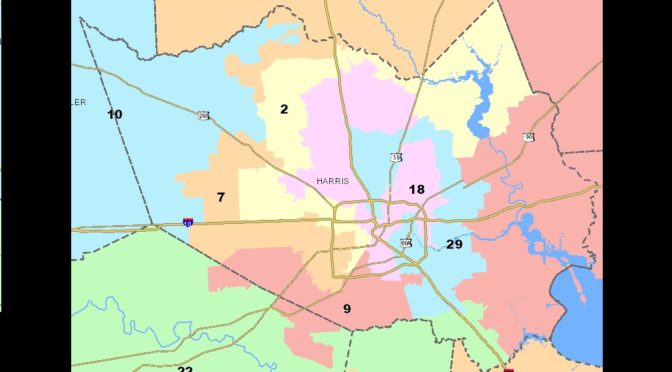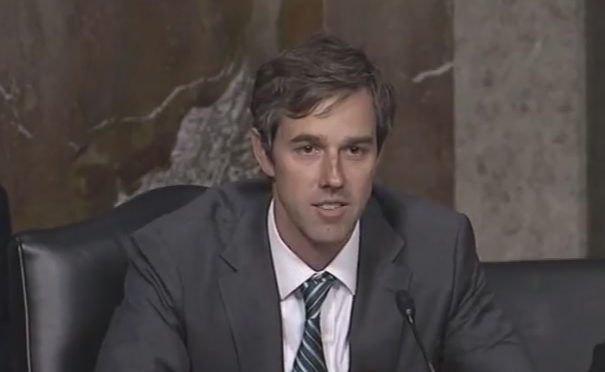
You gotta hand it to politicians... if there's one thing they know how to do, it's getting reelected. Part of the reason I suppose you could say the same for any politician halfway worth their salt.
Those elections are certainly how Texas perseveres as a reliably "Red State" even as our demographics have shifted so dramatically …
Continue Reading ›› 
Sure, it's a popular mantra among Democrats since his failed run for President, but for everyday Texans on both sides of the political spectrum
"You Cruz You Lose" is suddenly sounding with a much deeper resonance.
As Katherine Blunt of the
Houston Chronicle reports, Ted Cruz may be well known in Washington, but in …
Continue Reading ›› 
So it isn't exactly Texas.
But like the rest of the nation, many Texan eyes will be trying to read some political tea leaves after tonight's Special Election for Georgia's 6th Congressional District. As the first such contest since Donald Trump took power, many Progressives have pinned their hopes on
Jon Ossoff, the top Democrat in …
Continue Reading ›› 
In 2017, everything's coming up roses for the Republican Party. Fresh off the heels of a sweeping Electoral victory, the GOP has taken control and is working feverishly to Make America GREAT Again.
At least that's what they thought they would be doing back on November 8th.
But now that post election reality has set in, … Continue Reading ›› 
If you're a Texas Democrat, it's easy to say "we've been here before."
Remember when Bill White was going to roll Rick Perry in 2010? How about when Wendy Davis was going to sail into the Governor's Office and "transform Texas" in 2014? A polished, politically savvy Democrat is once again deciding to take a stab …
Continue Reading ››
A Voice for the Rest of Texas




